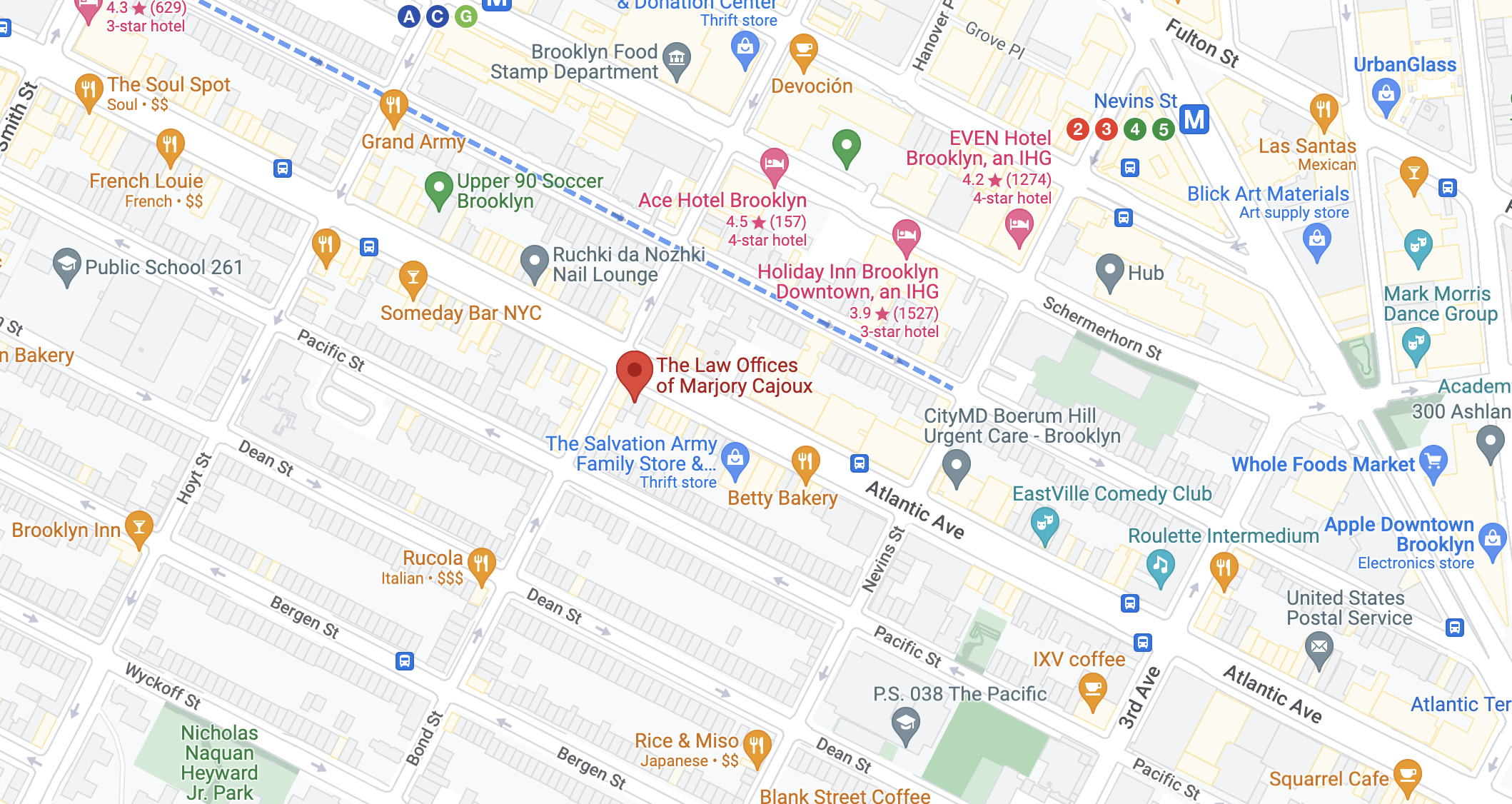Many people think of estate planning as something that you only do when you’re older. Some think the perfect time to create an estate plan is when they’ve retired or when they’re parents with children.
The truth is that the real age when you should start your estate plan is much younger. Any person who is 18 or older should have a basic estate plan at the very least.
All adults need an estate plan
While you may not have many assets and might not have a family yet, that doesn’t mean that you shouldn’t have an estate plan. Whether you’re 18 or 81, an estate plan is an essential way of protecting yourself and your assets.
What does an estate plan do for you?
Your estate plan gives you the opportunity to discuss who you want to have inherited your money or belongings. You can make decisions regarding your medical care if you fall ill or are badly injured. You can assign a guardian for a pet or set up a trust for a niece or nephew.
There are many different things that you can do with your estate plan, which is why you may want to talk to your attorney about completing the basics and adding on to your estate plan over time.
What’s included in an estate plan?
Your estate plan may include documents such as:
- Your living will
- Your health care proxy
- A will
- Your long-term care plan
- Beneficiary designations
- Trusts
Over time, you can always add more documents and alter those you’ve already created (in most cases). Your attorney can walk you through creating your basic will and setting up your health care proxy first since those are the very least that you should have in your estate plan.
After that, you can add on as needed or at regular intervals, depending on what you and your attorney decide is best for your situation. Whether you have a child and want to set up guardianship or you need to put together a trust fund for someone you can about, you’ll have all these options when you create an estate plan.





